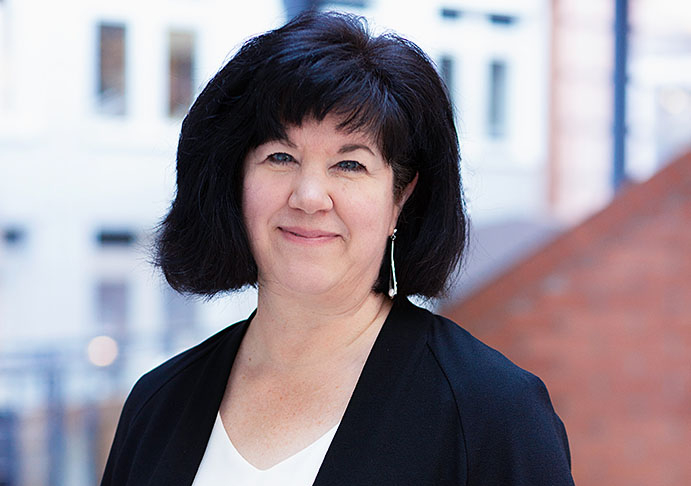News | 14 February 2024
IES welcomes inquiry into school curricula
Internationella Engelska Skolan welcomes the inquiry into new curricula for compulsory schools and the shift in the approach to knowledge that has taken place in the schools debate. High academic expectations have been a central component of the IES ethos for 30 years. A solid foundation of knowledge is essential to critical thinking and all further education.

The Government recently announced that it will open an inquiry to develop a new curriculum for compulsory schools with a clearer focus on facts and subject knowledge, and which is better adapted to children's cognitive development. This is something that IES has been requesting for many years.
When IES was founded thirty years ago, it went against the flow of the dominant progressive approach to knowledge which down-prioritised factual knowledge. IES has always stuck to its ethos, a cornerstone of which is high academic expectations. Our students’ results demonstrate that this has been a successful starting point. From once having gone against the flow, our approach to knowledge has now been adopted more widely.
We have been pointing out for years that the academic goals have been too unclear, which makes it more difficult for teachers in planning their teaching. It also makes it more difficult for the students when they do not have clear goals to work towards.
Clearly stated academic goals, and a strong focus on knowledge and upbringing as the mission of the school, is fundamental to better schooling – and is particularly important for students who get less support from home. Furthermore, without clear academic goals it is not possible to create reliable national tests that show how well schools perform when it comes to subject knowledge. No grading system works properly if the academic goals are unclear.
Clear academic goals are also necessary to be able to measure knowledge levels and give comparable grades. The inquiry should look into how countries that are successful in schooling, such as Estonia and Canada, describe their academic goals for years 3, 6 and 9. Given our wide international platform, IES has substantial experience and the ability to draw the necessary conclusions based on the differences we see.
The new academic goals should also be combined with a sharper focus on the role of the school in upbringing, and more focus on a calm and orderly school environment. It is only in such an environment, where teachers can teach and students can focus on their studies, that all students can be given the chance to achieve high academic expectations.
Sweden does not need more guidelines, what it needs is a clear reshaping of the existing curricula through constitutional amendments. We hope the inquiry has the courage to proceed clearly in this, and not solely leave it to today's existing government agencies, as this would risk the change not coming into effect.
We have thirty years of experience of working in this manner at Internationella Engelska Skolan, not least thanks to our many skilled teachers who have teaching qualifications from other countries, where knowledge has always been at the core of teaching. We would be very happy to share our experience and perspective in this area.
Robin Kirk Johansson, Head of Education, Internationella Engelska Skolan